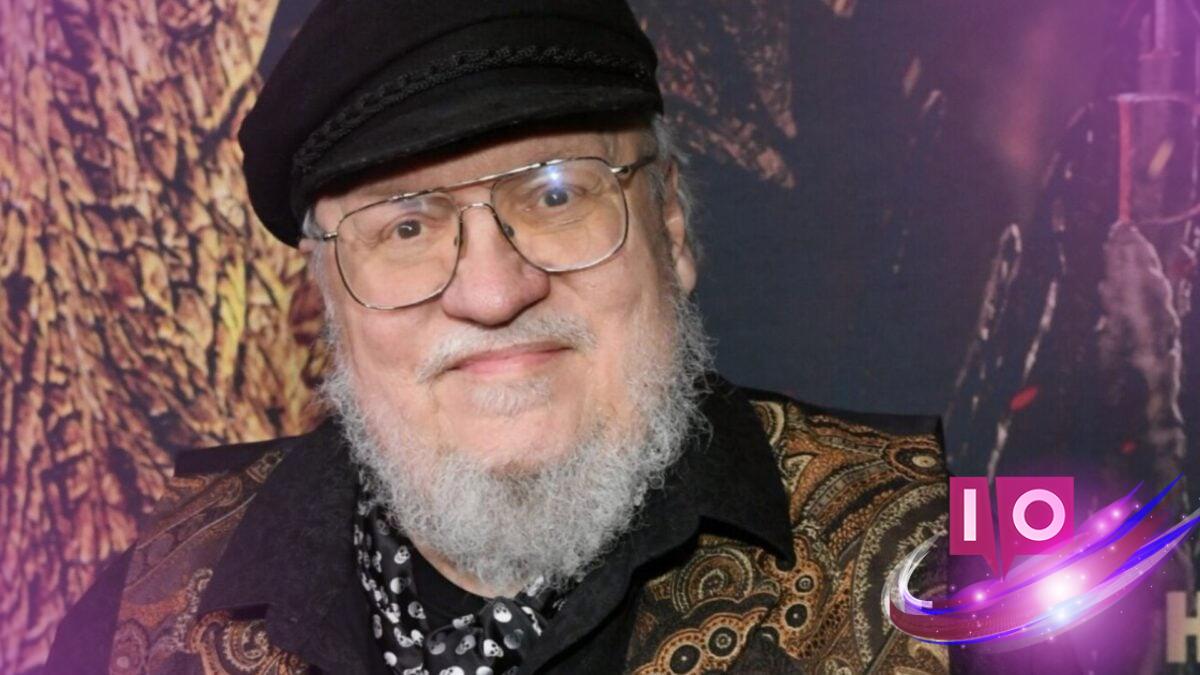In a significant development for authors everywhere, a federal judge recently ruled in favor of allowing class-action lawsuits against OpenAI to proceed. This ruling cites the classic series Game of Thrones as a backdrop for discussing the infringement of creative rights in an age increasingly dominated by generative AI models.
In a court decision by U.S. District Judge Sidney Stein, ChatGPT-generated text modeled on George R.R. Martin’s work was referenced to highlight violations of the author’s copyright over his A Song of Ice and Fire series. According to Business Insider, the ruling confirms the validity of the legal claims made by Martin and other prominent authors.
Judge Stein noted, “A reasonable jury could find that the allegedly infringing outputs are substantially similar to plaintiffs’ works.” This ruling is a pivotal moment in the ongoing debate about how AI systems are trained on existing literature, drawing attention to a growing concern among authors.
Besides Martin, a host of well-known authors, such as Michael Chabon, Ta-Nehisi Coates, Jia Tolentino, and Sarah Silverman, are joining in these lawsuits against OpenAI and Microsoft. They argue that their copyrights are violated when their works are utilized without consent to train large language models, and that AI-generated content often resembles their protected creations.
For example, a prompt crafted by Martin’s legal team asked ChatGPT to generate an “alternative sequel to A Clash of Kings,” titled A Dance with Shadows. This title seems to draw inspiration from Martin’s existing books, showcasing a similar adventurous theme involving “ancient dragon-related magic” and new claimants to the Iron Throne.
The suggested narrative sparked enough similarities to traditional storytelling that it paved the way for the lawsuits to move forward on copyright grounds. However, the ultimate protection of Microsoft and OpenAI under the “fair use” doctrine remains to be determined.
While AI can produce text at lightning speed, it lacks the unique voice and creativity of George R.R. Martin. As fans, we appreciate the artistry that comes from individual authors and are willing to wait for their next masterpiece.
Some common inquiries arise as the situation develops:
What is the basis for the lawsuits against OpenAI and Microsoft? The lawsuits stem from allegations that these companies used authors’ works without permission to train AI models, thereby infringing on copyright laws.
What risks do generative AI models pose to authors? Generative AI can produce content that closely resembles existing literary works, potentially misleading readers and devaluing original authorship.
How does copyright law protect authors in the digital age? Current copyright laws grant authors exclusive rights over their original works, helping them regulate how their creations can be used or modified, especially in the rapidly evolving digital landscape.
What arguments are being made regarding “fair use”? The notion of “fair use” allows for limited use of copyrighted material without permission, but its interpretation in the context of AI-generated content remains a contentious legal issue.
The ongoing legal battles highlight the evolving power dynamics in the literary world, emphasizing the importance of copyright as a safeguard for creators. It’s clear that while technology continues to advance, the intrinsic value of original authorship remains irreplaceable. Explore more insights and updates on this topic on Moyens I/O.
